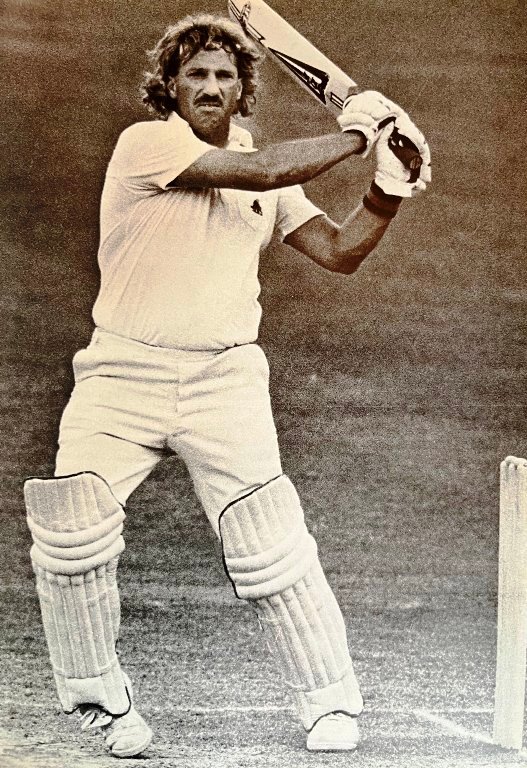Batting: Ian Botham is a gifted batsman with a track record to back him up, including 13 test centuries. He can utterly destroy the best attack when he is in a full mood. Therefore, being in the mood is a critical factor because there have been too many occasions in the latter part of his career when he batted carelessly and lost his wicket unnecessarily. For all that, a big performer with the bat has proved he can turn test matches as well.
Bowling: Nothing like the bowler he was in the late ‘1970s. Then he could swing the ball and bowl with a genuine pace at times. As he became more overweight, he lost the bowling art, and his achievements in the last few years have been singularly unimpressive. Has a remarkable ability to take wickets with poor deliveries. He could no longer command an England learning place as a bowler alone, which wasn’t the case early in his career.
Fielding: Unquestionably, Ian Botham is a magnificent fielder at slip, but he gives the impression he’s a little laid-back at times. Has excellent reflexes and has grabbed some wonderful catches behind the wicket.

Experience: He can’t be faulted on the score of the test experience. Of the players under review, he and Kapil Dev have played the most test cricket (more than 90 matches each). But, as Imran Khan says of him, he doesn’t use his accumulated experience to good effect.
Stamina: Whatever deficiencies there may be in his bowling nowadays, Botham has never been short on stamina. His spreading girth would seem to suggest he could bowl only in short spells, but nothing could be further from the truth. Given the chance, he will bowl and bowl and bowl.
Temperament: Ian Botham has a sound temperament, generally, for the game. He is not one to get too upset or despairing if things are going against him. He has the attitude that if he keeps going when bowling, he’ll eventually succeed. There might be a question mark or two over his batting temperament, though. He has been guilty of indiscipline batting on numerous occasions.
Dedication: He must score low here because, of the all-rounders under the microscope, he’s definitely the least dedicated. He’s too casual about fitness work and match preparation; he just doesn’t work as hard as he ought to, and it’s that slackness that largely accounts for his downward slide.
Captaincy: Ian Botham didn’t appear to have a great deal of perception of what test captaincy was all about or have the players’ wholehearted support, and the job affected his own performances. He couldn’t motivate others by leading from the front with inspired individual performances. To be fair, he had an unenviable task, starting his England captaincy reign against the West Indies in 1980 before quitting during the 1981 series against Australia. I had little previous experience, but Botham, always one for the ultimate challenge, failed to live up to expectations.
